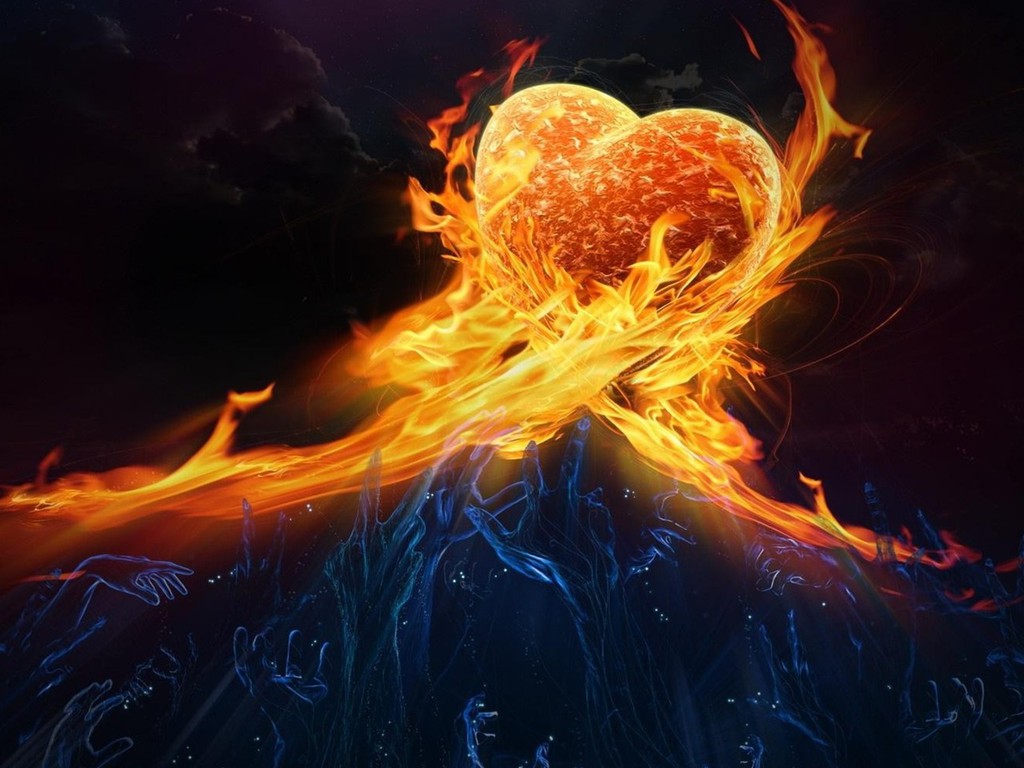Difference Between Nuclear Reaction and Chemical reaction

Most of us already know that all atoms are made of three fundamental subatomic particles i.e. neutrons and proton inside the nucleus, while electrons revolving around them in fixed orbits. A chemical reaction takes place when two or more atoms interact in a way that this arrangement of elections is changed and a new product is formed with different properties. Chemical reactions merely alter the arrangement of the electrons and not the atoms themselves. However, a nuclear reaction takes place when the atom is split apart to form different atoms, altering the entire structure of the initial atom.
Instructions
-
1
Chemical Reactions
Whenever a chemical reaction takes place, either heat is absorbed (endothermic reaction) or released (exothermic reaction) during it. This depends upon the amount of heat initially stored in the reactants before the reaction and the energy level of the products after the reaction concludes. The mass of products produced in a chemical reaction is exactly equal to the mass of the reactants being added. Nothing is destroyed or created during a chemical reaction and only arrangements altered to form some new products. -
2
Nuclear Reactions
Nuclear reactions defy the principles of chemical reactions and are an entirely different process. The nuclei of the reacting atoms undergo drastic changes during a nuclear reaction, changing the number of neutrons and protons to transmute the reactants into entirely new atoms. The mass in a nuclear is also not conserved, something which can never happen in a chemical reaction. The mass produced after a nuclear reaction is not exactly the same as the one of the reactants. There are three basic types of nuclear reactions, radioactive decay, fission and fusion. -
3
Radioactive Decay
This process involves a periodic process by which a large and heavy element decays into smaller elements by emitting radiations, such as alpha, beta and gamma radiation. Alpha radiations contains neutrons and protons, beta radiation consist electrons while gamma rays are high energy electromagnetic radiations. -
4
Fission
Fission reaction takes place when a heavy nucleus, like uranium or plutonium, is bombarded with a stream of neutrons, causing the atom to become de-stable and split into smaller atoms inside a nuclear reactor. This process emits huge amount of energy and a lot more atoms to repeat the cycle. -
5
Fusion
Fusion reactions occur under immense heat and pressure conditions, combining two smaller atoms to form a larger atom. This process also releases huge amounts of energy and only takes place at the centre of the Sun and other stars.





